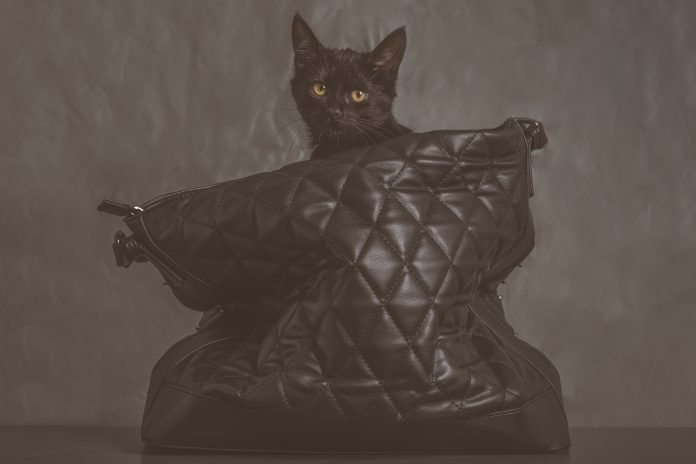Popular sayings can have such obscure origins that no one knows where they came from. We just understand the basic meaning.
We all know what it means to pull someone’s leg or count your chickens before they’ve hatched. Now let’s explore where some of the more colorful sayings originated.

1. “Mind your Ps and Qs.”
There are two plausible origins of this phrase that means to mind one’s manners. The first is a literal interpretation that urges someone to note the difference between a “p” and a “q,” which look similar to lowercase letters. At a printing press or in a school room, the advice is to simply to pay close attention to the subject matter.
The more fun interpretation comes from tavern life. In this context, the saying is short for minding your pints and quarts. If a bartender told you to mind your Ps and Qs, he was reminding you to watch your behavior.

2. “Stay on the straight and narrow.”
This is an interesting example where a phrase was technically misunderstood, but its meaning stayed intact. The original term comes from the Bible, in which Matthew 7:14 says, “Strait is the gate, and narrow is the way, which leadeth unto life, and few there be that find it.”
In the Jacobean era, when the King James Version of the Bible was written, people would have understood “

Later, people started to understand the phrase “
3. “Let the cat out of the bag.”
The origin of this vivid saying is uncertain, but there is one popular theory. The theory goes that farmers purchasing a suckling pig at a market might buy it in a sack. When they got home and took the animal out of the bag, they would see that it was a less-valuable cat (this was before the internet made everyone love cats).

According to this theory, the phrase is related to “A pig in a poke.” This saying refers to buying a pig in a bag without seeing it first. Wikipedia lists dozens of variations of this saying from different languages which caution not to buy something without first seeing it.
Snopes.com convincingly debunks the theory that selling cats in bags was a widespread practice. Unfortunately, they concluded that with the information we have now, there is no clear answer to where this saying originated. For the time being, this cat’s staying in the bag.
4. “Don’t look a gift horse in the mouth.”
This strange saying comes from the practice of inspecting a horse’s gums at the marketplace. As a horse ages, its gums recede, which is where the phrase “long in the tooth” comes from.

Looking a gift horse in the mouth means that you’re inspecting something for its value when it was given as a gift. So, if your mom gives you an iPhone 6 for your birthday when you wanted a 7, don’t look that gift horse in the mouth!


